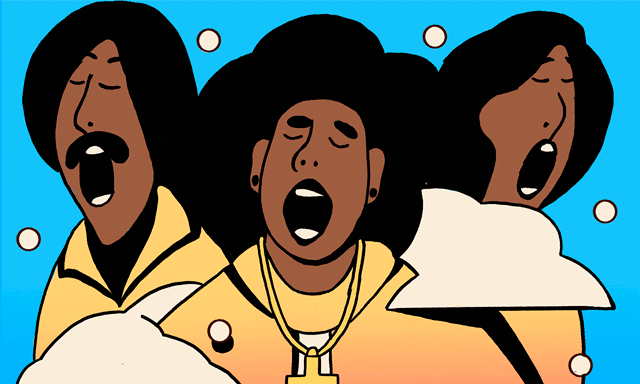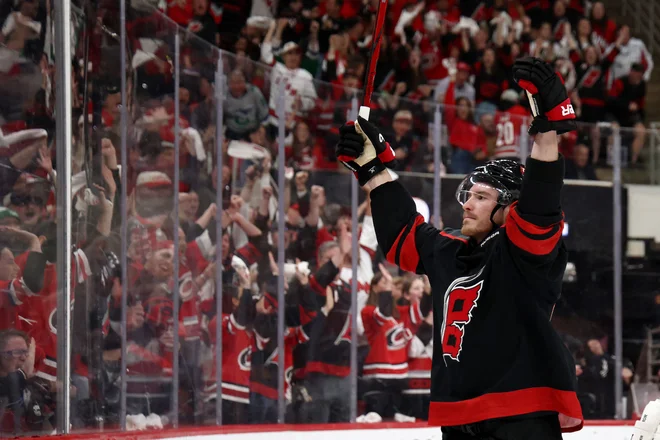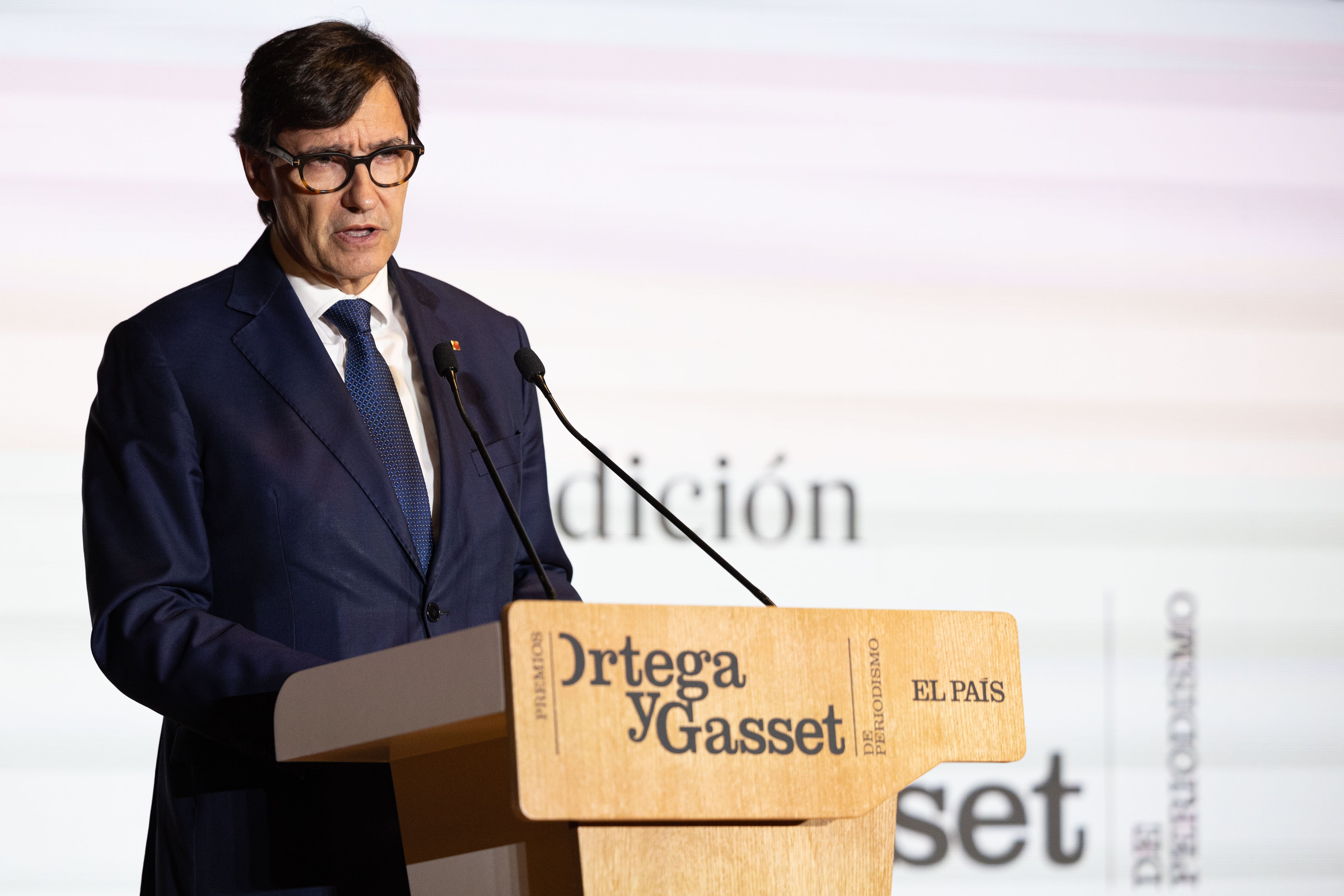Europe looks alternately worried about East and West
/s3/static.nrc.nl/images/gn4/stripped/data132013871-bbd4bd.jpg|https://images.nrc.nl/wOp-g4aYLgHJMa40e9Goiy-8Bfc=/1920x/filters:no_upscale()/s3/static.nrc.nl/images/gn4/stripped/data132013871-bbd4bd.jpg|https://images.nrc.nl/gNflhEmb_Kebk8NccCFUe28A-Yg=/5760x/filters:no_upscale()/s3/static.nrc.nl/images/gn4/stripped/data132013871-bbd4bd.jpg)
The German journalist and biographer of Adolf Hitler, Joachim Fest, was allergic to the speeches that were held at commemorations of the Second World War. It was, sixty years after 1945, that they became untrue phrases, he said in 2005.
This week, eighty years after the end of WWII, there was another procession of commemorative riders. Now the words did not sound hollow, previously worried.
German Federal President Frank-Walter Steinmeier was one of the many May 8 speakers. That Putin invaded Ukraine was an unprecedented shock, he said in the Bundestag. « The liberators of Auschwitz are the new aggressors. » But, he said, that the US is now turning the post-war order, also a shock and a break with the past.
« The international community had consequences associated with the war of destruction and the murder, had introduced rules to promote nationalism, to promote collaboration and had set up an international order based on peoples. That was all far from perfect and always controversial, but that now the United States who have created that order, is an earth -shuffy manage. »
With that, said Steinmeier, the 20th century has now finally ended. « That’s why I talk about a double era – the attack war of Russia and a break with values and norms by America – that marks the end of this long twentieth century. »
From now on the 21st century is designed if you follow Steinmeier. New relationships are signing up. Some relationships – such as between Russia and China – take on more solid form. Other relationships – such as between Europe and the US – are on the move. In the meantime, a war is raging in Europe that influences the relationships and is influenced by those relationships.
Europe showed a schizophrenic image on Friday. On the red square in Moscow, the man who invaded Ukraine celebrated the victory over Nazi Germany with high foreign guests and therefore a bit of himself. In the Ukrainian LVIV, European ministers laid the political basis for a Russia tribunal that the aggressors from Moscow have to condemn.
Two camps, two views on politics. It is therefore important to see who was true. In addition to XI, Brazilian President Lula had also made the trip to Moscow. From Europe, Slovak Prime Minister Fico and Serbian President Vucic had flown in, despite repeated warnings from Brussels not to do that. Slovakia is an EU member, Serbia wants to be it. Putin friend Viktor Orbán from Hungary was not there.
The US was remarkably absent in LVIV. Team Trump withdrew from the preparations for the tribunal. It was one of many concessions that the Americans made in recent months during attempts to get Russia at the negotiating table.
Photo Eduard Kryzhanivskyi / AFP
For Ukraine, those conversations have not yet yielded anything. A unilateral by Russia ceased to the fire for the duration of the commemorations was quickly violated-just like a handful of previous attempts. Trump did not achieve any results yet, but allies of the US have the greatest difficulty in getting a grip on the fickle -rough groove in the White House that does not take it so closely with democracy.
Wig between Beijing and Moscow
In recent months, Trump always surprised with a striking sympathy for the Russian leader. Why was Trump so nice for Putin? Is he blinded by potential business deals with Russia and does he make the interests of Ukraine subordinate to it? Is he after a Nobel Prize for Peace – arch -enemy Barack Obama also has one? Or, was he, as supporters suggested, strategically busy and he watched the handicraft at Henry Kissinger?
As a foreign consultant, Kissinger made a name for us by making contact with China in the early 1970s. He wanted to prevent China and the Soviet Union from forming one block against the US. Was Trumps rapprochement with Putin intended to drive a wedge between Moscow and Beijing?
During the three -day visit of Xi Jinping to Moscow, there was nothing to be found between the two authoritarian superpowers. If Trump tries to play the two apart, he should do his best.
Western attempts to insulate Putin in order to weaken his war engineering, XI and Putin have driven each other’s arms. As far as we know, China does not deliver weapons to Moscow on a large scale, but it does dual-use Goods, with both civil and military applications. And, important for warfare: China is taking Russian oil.
During a previous visit, in 2023, XI and Putin were already drunk on eternal friendship. This week Xi announced once again that Putin supports the Chinese claims on Taiwan. For example, the image of two strong men who can get along well and divide the world among themselves: a large Ukraine piece for Putin, island state of Taiwan for XI.
Eighty years after the end of WWII, the Autocrats in China and Russia also like to deal with the order that originated after WWII. The traditional guards of that order, United States, let it happen for the time being. Since the end of the 1930s, the US saw itself as the patron of the Democratic world. Trump simply does not want to fulfill that task anymore.
In the meantime, Trumps peace mission for Ukraine turned out to be many times more difficult than he prevented. He made a deal for Russia as attractive as possible and publicly humiliated the Ukrainian president. He pushed Europe aside. But Putin didn’t bite.
Trump now makes a different tone. First screened the US with lifting sanctions, now Trump is talking about sharpening sanctions. Perhaps I am being held on the line by Putin, he wrote on social media after a tête-à-tête with Zensky. Zelensky could not do anything right first, this week Trump embraced Zensky’s proposal to arrive at a cease-fire of thirty days. Is it a change of course? Negotiating tactics?
Tanks to NATO border
And Europe? That looks alternately delivered to East and then again to West. Why does Putin send his latest tanks to the border with NATO and not to the front line in the Donbas? Are his ambitions bigger than Ukraine? And does Trump actually pull his hands off Europe, as the Polish minister Radoslav Sikorski warned again this week? Or can you talk to him anyway? First he ignored EU committee chairman Ursula von der Leyen, this week he called her « So Fantastic » and is looking forward to a meeting. But whether that will be the case tomorrow? Even Vice President JD Vance, who put Europe over the knee at a conference in Munich as anti-democratic, suddenly said this week that Europe and the US are one team.
It is difficult for Europe to deal with the ambivalence and the far -reaching improvisations of the US. The EU is a consensus machine that value rules and consultations. Responding quickly and decisively is therefore difficult, but in the long run things stay together.
Europe is also difficult to handle Trumps tendency to cut down files. Nevertheless, civil servants and diplomats in Brussels are constantly wondering whether a hard counter-measure in the tax battle can lead to problems with Trump at the NATO summit in June. The approach to American tech companies was remarkably mild, but this week the EU did put a charged gun on the table in the form of a detailed list of possible countermeasures in the trade war.
In the meantime, Europe is holding on the Ukraine race. This week more measures were announced to get Europe off Russian gas and new sanctions are in the pipeline.
At the same time, Europe is looking for new roads. France and the United Kingdom took the lead in discussions about military support for Ukraine. The EU and the UK will probably sign a new cooperation agreement later this month in which the emphasis is on defense. France signed a friendship treaty with Poland on Friday in Nancy containing agreements about Defense.
Read also
Also read Putin and Trump bring France and Poland closer together
In the Berlin of Steinmeier, the new Chancellor Friedrich Merz, albeit stumbling, got off the starting blocks on Tuesday. In Brussels, a diplomat jokes, they have been waiting for two years at the moment. If Germany does not put its shoulders under it, the EU cannot do much. Former Chancellor Olaf Scholz was never caught a great love for the EU and a fight in his coalition often led to Germany abstaining in Brussels. Merz flew to Paris and Warsaw on his first working day and immediately visited the EU leaders and NATO on Friday.
Merz was remarkably positive about the US. Shortly after Vance’s performance in Munich, he wondered aloud whether NATO would still exist in its current form this summer. In the meantime he has turned: « The US government has changed. They accept what the European NATO partners are doing. They see that we are considering our efforts considerably. I am grateful that I can now make a more optimistic estimate about the future of the alliance. »

:format(webp)/s3/static.nrc.nl/images/gn4/stripped/data132003460-5288e9.jpg)


/s3/static.nrc.nl/images/gn4/stripped/data131993269-a78569.jpg|https://images.nrc.nl/xh471CyT3lDyieSm-XgVCvuFpF4=/1920x/filters:no_upscale()/s3/static.nrc.nl/images/gn4/stripped/data131993269-a78569.jpg|https://images.nrc.nl/teNqx-4sBNN8OUl4Szi1_bPM9F0=/5760x/filters:no_upscale()/s3/static.nrc.nl/images/gn4/stripped/data131993269-a78569.jpg)




